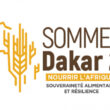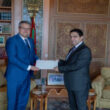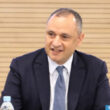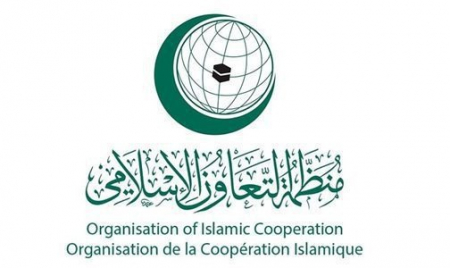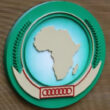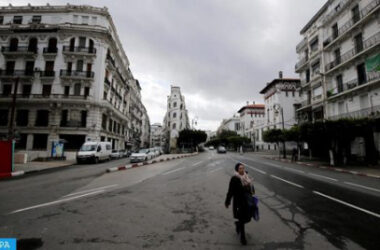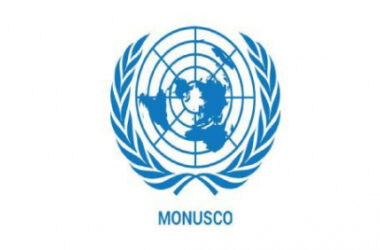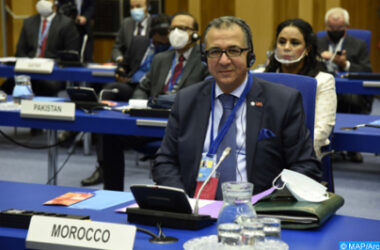The session provided an opportunity for the OIC Secretary General and ministers from several member states to appreciate this decision, which reinforces the organization’s approach to combating Islamophobia, hate speech, rejection of others and contempt for religions.
The meeting, held by videoconference, was devoted to examining two topics relating to the desecration and burning of the Holy Quran in Sweden and Denmark, and the storming of the Al-Aqsa mosque by Israeli government officials.
In a statement issued at the close of its meeting at Foreign Minister level, the Organization expressed its thanks and gratitude to non-member states for condemning the acts of auto-da-fé and desecration of the Holy Koran, and rejecting these racist attacks involving Islamophobia and xenophobia.
The statement reiterated the importance of promoting interreligious and intercultural dialogue, understanding and cooperation and among civilizations for peace and stability in the world, stressing that spreading the values of tolerance and peace is the best way to combat hate speech, extremism, violence and incitement.
The OIC expressed its deep concern at the upsurge in cases of discrimination and acts of violence around the world, as well as the resurgence of racist movements and right-wing extremism in various parts of the world following repeated acts of provocation by extreme right-wing supporters and attacks on the religious symbols of Islam, including the desecration of copies of the Holy Quran.
The statement strongly condemned the repeated blatant attacks on the sacredness of the Holy Koran, most recently in the cities of Stockholm and Copenhagen, Sweden and Denmark.
The foreign ministers of the Organization of Islamic Cooperation considered that the failure of the Swedish and Danish authorities to take measures to prevent the recurrence of such acts is contrary to the United Nations Security Council resolution on tolerance, international peace and security.
They called on Islamic civil society institutions in member states to work with their counterparts in countries where anti-Islamic attacks have taken place against the Holy Koran and other sacred values, to have recourse to local courts, to exhaust all local legal procedures and to refer cases to international judicial bodies.
The Minister of Foreign Affairs, African Cooperation and Moroccan Expatriates, Nasser Bourita, had confirmed that Morocco denounces provocations offensive to the sanctity of Islam and called for the promotion of the values of coexistence and dialogue.
He noted that the Kingdom “while condemning all obscure and barbaric acts of violence committed in the name of Islam, firmly denounces these provocations offensive to the sanctity of the Islamic religion and calls for the promotion of the values of coexistence and dialogue in societies and the dissemination of a culture of peace.”
In an address read on his behalf by the Ministry’s Director of the Orient, the Gulf and Arab and Islamic Organizations, Fouad Akhrif, Mr. Bourita stressed that freedom of expression cannot, under any pretext, justify provocation and an abusive attack on the religion sacred to more than two billion people around the world, noting that “the examination of acts offensive to Islam questions us all, more than ever, on the need to find ways to confront and limit these abuses.”


